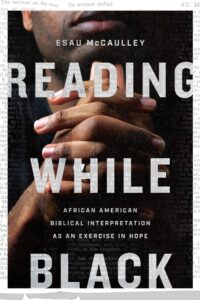 African American Biblical Interpretation as an Exercise in Hope
African American Biblical Interpretation as an Exercise in Hope
At a time in which some within the African American community are questioning the place of the Christian faith in the struggle for justice, Reading While Black is a personal and scholarly testament to the power and hope of Black biblical interpretation. In this book, New Testament scholar Esau McCaulley argues that reading Scripture from the perspective of Black church tradition is invaluable for connecting with a rich faith history and addressing the urgent issues of our times. This ecclesial tradition is often disregarded or viewed with suspicion by much of the wider church and academy, but McCaulley insists it has something vital to say.
Growing up in the American South, McCaulley knew firsthand the ongoing struggle between despair and hope that marks the lives of some in the African American context. He discovered that a key element in the fight for hope was the practice of Bible reading and interpretation that comes out of traditional Black churches. Now he continues to advocate for that hope, and for a model of interpretation that involves an ongoing conversation between the collective Black experience and the Bible, in which the particular questions coming out of Black communities are given pride of place and the Bible is given space to respond by affirming, challenging, and, at times, reshaping Black concerns. Ultimately, McCaulley calls the church to a dynamic theological engagement with Scripture, in which Christians of diverse backgrounds dialogue with their own social location as well as the cultures of others.
Esau McCaulley was also recently involved in an event where he discussed Reading While Black with a number of other participants. You can find the event on youtube here.
Reviews and endorsements of the publication include:
“Although the African American Christian experience is not monolithic, we have generally sought to understand the Bible and live according to its teachings. Along the way, many of us have rejected white supremacist readings of the Bible while clinging to the God of the Bible. In Reading While Black, McCaulley does careful exegetical and historical analysis, explaining and illustrating how interpretations of Scripture by Black people can bolster faith in a liberating God. McCaulley gives us more than a theoretical methodology; he demonstrates how we can approach and apply texts―even ones that were previously used against us―without jettisoning our faith or succumbing to oppressive readings. Reading While Black is a welcome addition to the study of African American hermeneutics.” —Dennis R. Edwards, associate professor of New Testament at North Park University
“When I was a student, I was explicitly and implicitly trained to focus exclusively on the ancient context of Scripture and read ‘objectively.’ Bible study could easily become a disembodied experience. McCaulley makes a compelling case, in this engagement with African American biblical interpretation, that not only is the reader’s culture and experience not a hindrance to interpretation per se but can enrich it greatly. Reading While Black is a unique and successful blend of biblical hermeneutics, autobiography, black history and spirituality, incisive cultural commentary on race matters in America, and insightful exegesis of select New Testament texts.” —Nijay K. Gupta, professor of New Testament at Northern Seminary
“Esau McCaulley’s voice is one we urgently need to hear. This book is prophetic, biblical, measured, wise, friendly, and well-reasoned―and thus all the more hard-hitting. A powerful word for our times.” —N. T. Wright, professor of New Testament at the University of St Andrews, senior research fellow at Wycliffe Hall, Oxford
For more information on the publication, click here.
Fellow travelers are scholars, activists, and practitioners that embody the ideals and commitments of the Project on Lived Theology. We admire their work and are grateful to be walking alongside them in the development and dissemination of Lived Theology.
For more of “On the Lived Theology Reading List,” click here. To engage in the conversation on Facebook and Twitter, @LivedTheology, please use #LivedTheologyReads. For more recommended resources from our fellow travelers, click here, #PLTfellowtravelers. To sign up for the Lived Theology monthly newsletter, click here.
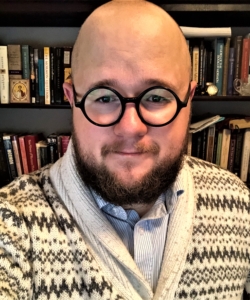

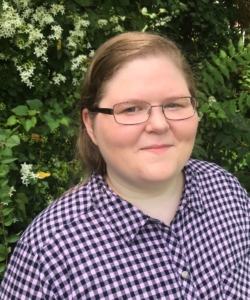
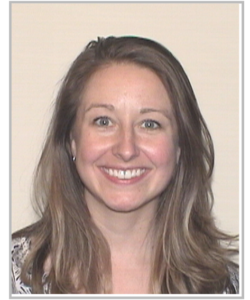
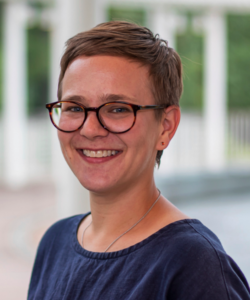
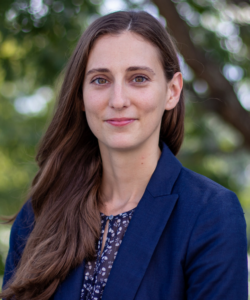
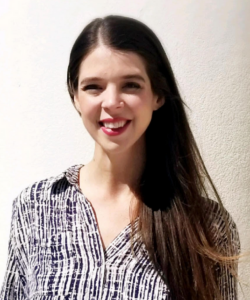
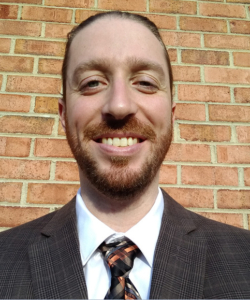
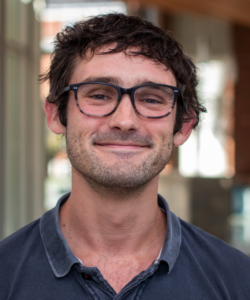
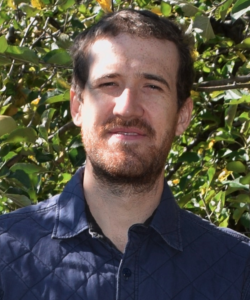
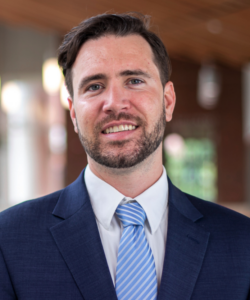
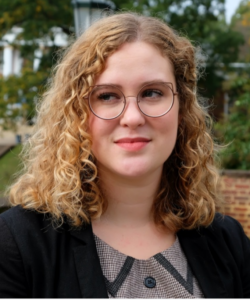
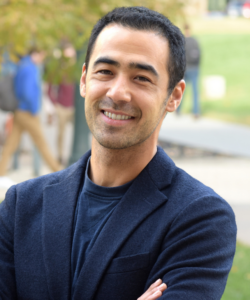
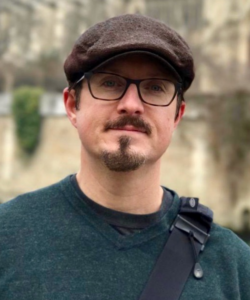

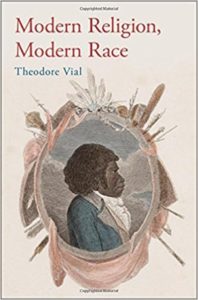 Understanding Their Connection
Understanding Their Connection